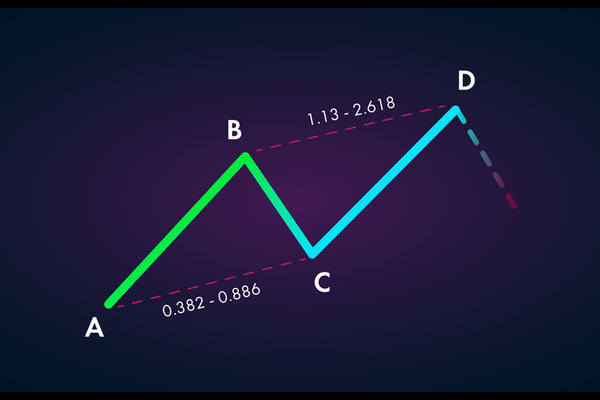Sell-up arbitrage is a financial trading strategy aimed at utilizing price differences in the market to generate profits. This strategy typically involves transactions between two or more related assets where one asset is considered overvalued and the other asset is considered undervalued. By simultaneously buying undervalued assets and selling overvalued assets, traders can profit from price differences.

The basic principle of arbitrage is that when the price difference between two or more related assets exceeds their normal level, arbitrage opportunities will appear in the market. This price difference may be caused by market supply and demand, trader sentiment, or other factors. Cover-up arbitrage traders will use this price difference to hedge risks and profits by buying undervalued assets and selling overvalued assets.
In cover-up arbitrage, traders first conduct market analysis to identify relevant option contracts with significant price differences. Then, they will simultaneously buy low-priced put options and sell high-priced call-back options. In this way, traders spend less money on selling the call price of the option contract and earn a higher income from the put price of the call-back option contract.
The key to covering and arbitrage lies in the price difference of option contracts. Buying low-priced put options and selling high-priced call-back options can ensure that traders can still make profits when market prices change. If the market price changes significantly, higher profits can be obtained. However, there are also risks associated with cover-up arbitrage, as option prices may be influenced by market fluctuations and time value.
A common example of covert arbitrage is paired trading in the stock market. In paired trading, traders will choose two stocks with high correlation, similar to two stocks in the same industry or different classes of stocks in the same company. If the price difference between these two stocks exceeds their normal level, traders can simultaneously buy undervalued stocks and sell overvalued stocks to obtain profits from price regression.
Cover-up arbitrage can also be applied to other financial markets, such as the foreign exchange market, futures market, and bond market. In the foreign exchange market, traders can use the exchange rate differences between different currency pairs to carry out covert arbitrage. In the futures market, traders can use the price differences between futures contracts with different maturities to carry out cover-up arbitrage. In the bond market, traders can use the interest rate differences between different bonds to carry out covert arbitrage.
Cover-up arbitrage is a relatively low-risk trading strategy that utilizes price differences in the market rather than overall market trends. However, cover-up arbitrage also requires traders to have good market analysis skills and the ability to quickly execute trades in order to capture opportunities for price differences and conduct trades in a timely manner.
Is selling arbitrage offsetting arbitrage?
Sell-off arbitrage, also known as offset arbitrage, is the same trading
strategy, and they are interchangeable terms that can be used interchangeably.
Both of these terms refer to trading strategies that utilize price differences
to profit by simultaneously buying low-priced put option contracts and selling
high-priced call-back option contracts. Cover-up arbitrage or offset arbitrage
is a common financial derivative trading strategy aimed at utilizing differences
in option prices for market arbitrage.
Disclaimer: Investment involves risk. The content of this article is not an investment advice and does not constitute any offer or solicitation to offer or recommendation of any investment product.







